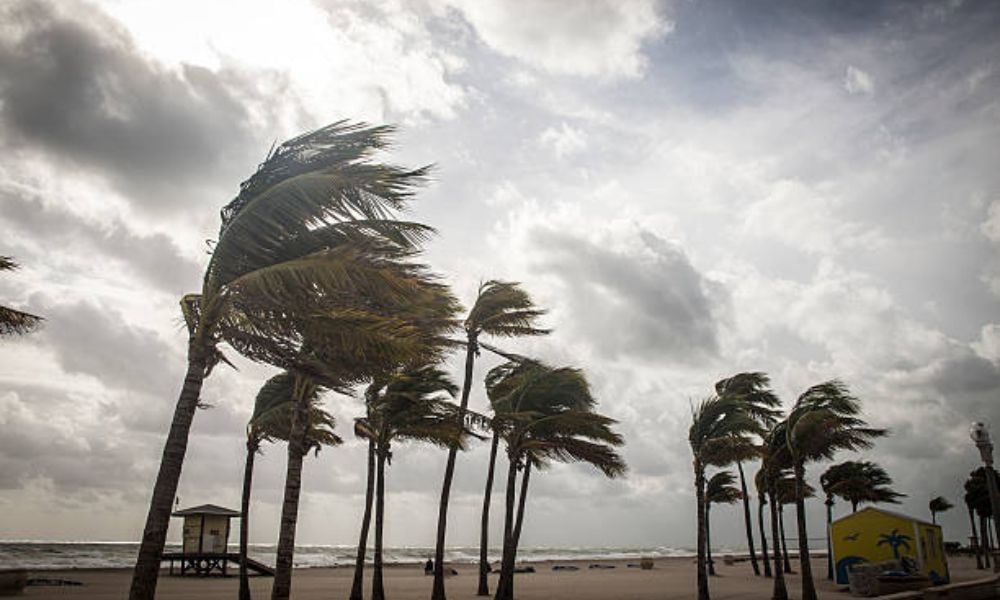Florida's debt market faces risks as Hurricane Milton approaches, with critical infrastructure at stake

Hurricane Milton, currently heading toward Florida, poses a significant threat to the state's municipal debt market, with around $30bn at risk according to an analysis by Bloomberg Intelligence, as per BNN Bloomberg.
This includes bonds issued to fund essential infrastructure like hospitals, utility systems, and senior living homes. In response to a growing population, Florida borrowers have increased their debt issuance to meet infrastructure demands.
The Bloomberg Intelligence analysis pinpointed tax-backed and revenue-supported debt within the most vulnerable evacuation zones.
Eric Kazatsky, senior US municipals strategist at Bloomberg Intelligence, warned that “A worst-case scenario could cause impairment issues across the municipal spectrum, especially for those credits who have limited financial cushion already.”
Hurricane Milton is expected to make landfall late Wednesday or early Thursday, with winds capable of causing widespread destruction and storm surges threatening coastal cities.
This storm follows closely after Hurricane Helene, which caused severe flooding in North Carolina.
The back-to-back storms have raised concerns among municipal investors about the risks of purchasing bonds in storm-prone areas, despite the rarity of municipal defaults due to extreme weather.
Cooper Howard, a fixed income strategist at Charles Schwab Corp, noted that “The magnitude of this storm and the fact that it’s right after Hurricane Helene, it’s likely to intensify the discussion about climate risks and the muni market.”
Bonds most at risk are those reliant on a single revenue stream, such as single-site hospitals. In contrast, larger cities and counties are better protected due to diversified revenue sources.
Jeff Scruggs, head of the public sector and infrastructure group at Goldman Sachs Group Inc, added, “I don’t think anybody is worried about the state of Florida existing and being able to pay their bills. But if you have a project that is reliant upon the revenue generated in that area and is very specific to that area, you do have to consider it.”
Despite the concerns, municipal defaults due to extreme weather events remain rare.
Daniel Solender, head of municipal investments at Lord Abbett & Co, expressed confidence in the market.
He stated that although there are concerns about the impact on communities, the firm is comfortable with the municipal bonds in the storm’s path. Historically, insurance has covered the damage, and the investments have continued paying.
Florida’s property market is supported by the Florida Hurricane Catastrophe Fund, which has $7bn in projected reserves. However, Hurricane Ian caused $9.5bn in losses when it hit in 2022.
Additionally, the Federal Emergency Management Agency (FEMA) disaster fund and flood insurance program are nearing depletion, which could impact recovery efforts.
Looking ahead, municipal bond sales are expected to rise as governments fund climate resilience projects. For example, Naples, Florida, sold debt this summer to rebuild its pier, which was damaged by Hurricane Ian and has been reconstructed multiple times due to storm damage.
Construction on the pier is expected to start by the end of the year.



